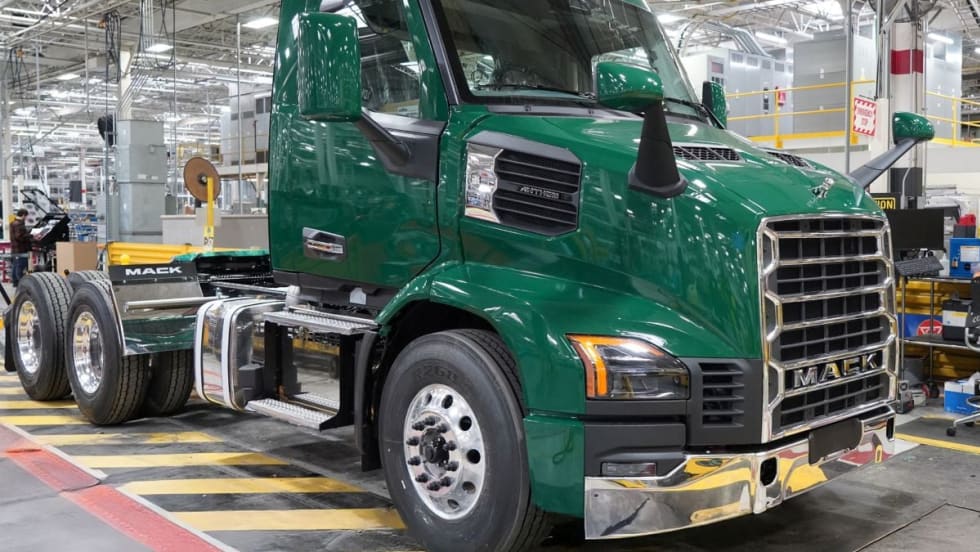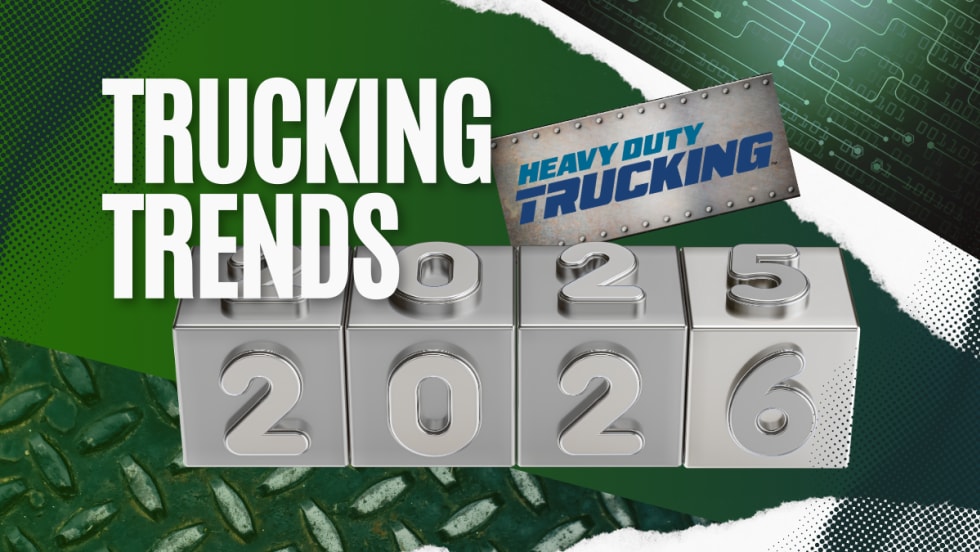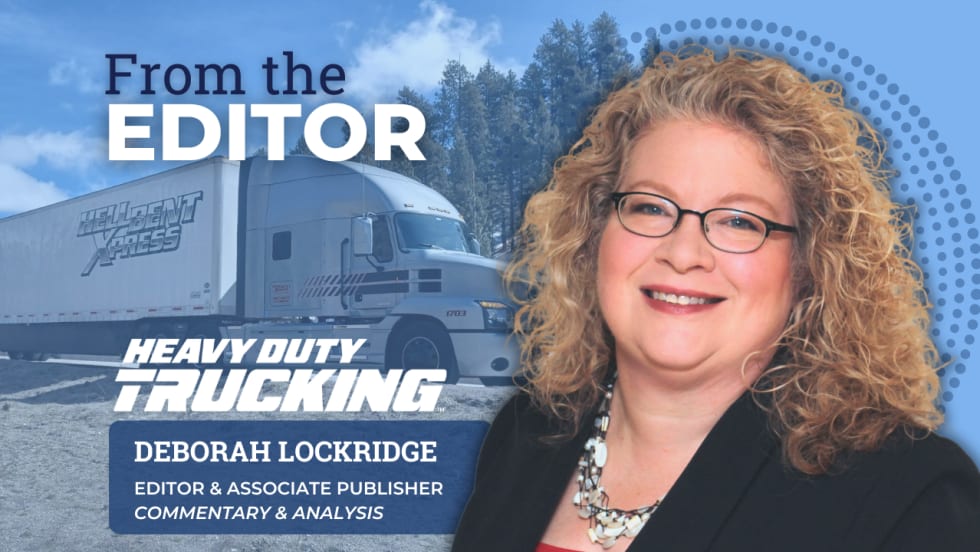Preventive maintenance prior to the onset of the cold weather is an important factor in keeping your fleet on the road
. The heat of summer is the true enemy of batteries, and the death knell can come when you least expect it or want to deal with it-on a frigid winter morning. As the temperature drops, so does your battery capacity. At zero degrees, your batteries have less than 50 percent capacity than they had at 80 degrees. Adding to that is the fact that at zero degrees your engine is 2.5 times harder to start due to the oil thickening and the resistance to movement of cold internal engine parts. These two factors combined can be a recipe for a very unpleasant morning and for the truck not making its scheduled run. Remind drivers to power off all electrical accessories that put extra strain on the batteries while engaging the starter to ensure as much available electrical power is utilized to power the starter motor. Now is the time to test batteries to help eliminate potential problems on a cold winter morning.
Daily inspections and maintenance are also critical to staying on the road:
• Fuel tanks should be kept full to minimize condensation that could cause fuel system freeze-ups.
• If fuel has gelled, change the fuel filter. Always use the recommended fuel filters. Never use a larger micron filter to increase flow or extend filter life. This could void your engine warranty. Remember your fuel filter is your only protection against contaminants in the fuel.
• It is imperative that air tanks and water separators be drained daily during cold weather. As the ambient air temperature decreases, there is considerably more condensation buildup in the fuel and air tanks. Sub-freezing temperatures and water don't mix.
• Avoid brakeline freeze-ups by making sure gladhands are always tight and never leave them laying on a fifth wheel deck exposed. If moisture is present in an airline, use one cap full of brake line antifreeze in the emergency (Red) side only. Brakes may lock up if put in the Service (Blue) side. Make sure you are using a brakeline antifreeze which is compatible and recommended to your particular equipment.
Lastly, keep everyone safe this winter by keeping parking lots, loading docks, trucks and trailers free of ice and snow. Safety starts with you.
Glen Sokolis is president of Sokolis Group, a nationwide fuel management and fuel consulting company, www.FuelManagementSokolisGroup.com. You can reach him at gsokolis@sokolisgroup.com or (267) 482-6160.
Previous installments of "Friday Fuel:"
* "Successful Fuel Management Program Equals Discipline", 9-11-09
* "Who's Watching Your Fuel Program," 9-18-09
* "Fleet Fuel Margins: Are You Paying Too Much?" 9-25-09
* "How Do You Audit Your Fleet Fuel Invoices?" 10-2-09
* "Fleet Fuel Price Negotiating: Details, Details", 10-9-09
* "Mobile On-Site Fueling", 10-16-09
* "The Bees Are Still Buzzing: Handling Fuel on a Daily Basis", 10-23-09
* "Fleet Fuel Card Shopping", 10-30-09
* "Is Your Fuel Management Ready for Winter?", 11-6-09













